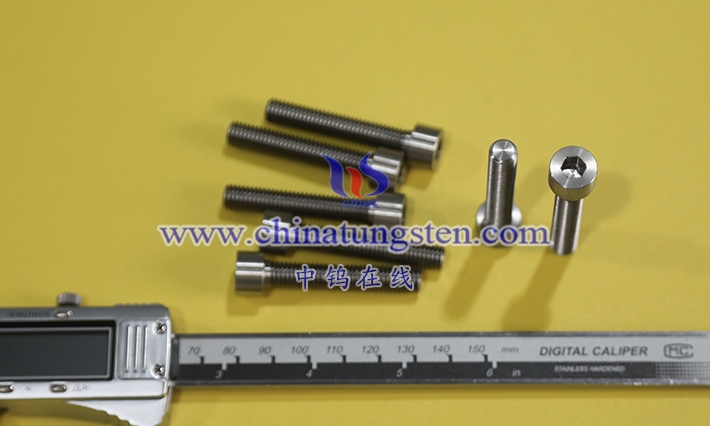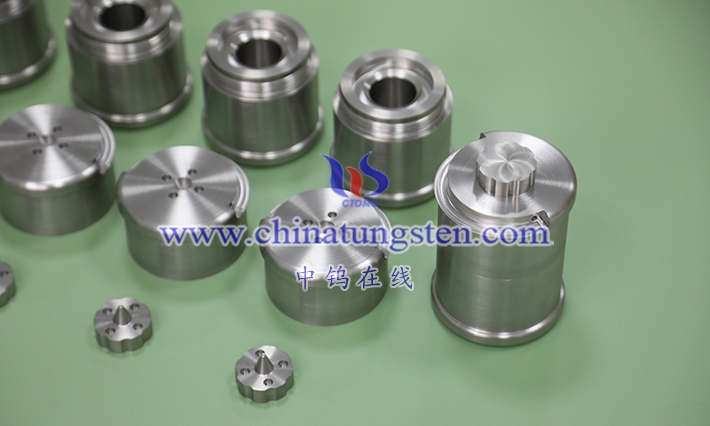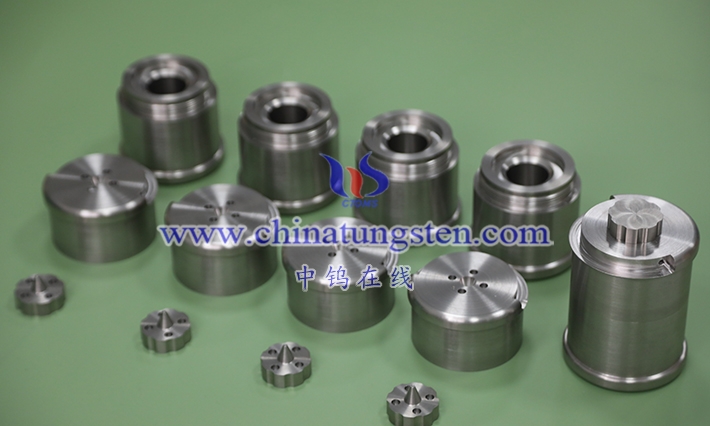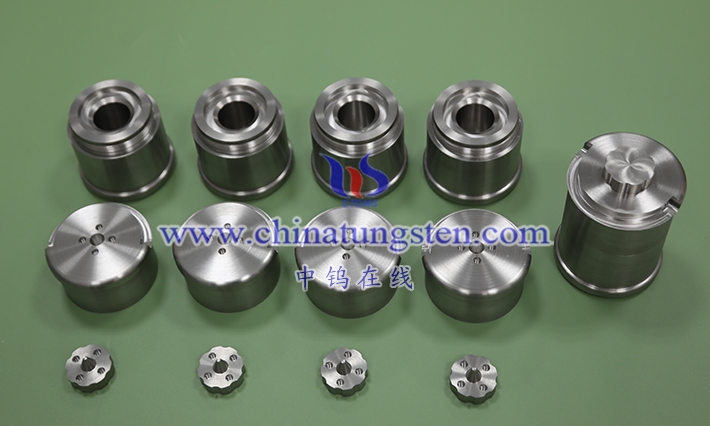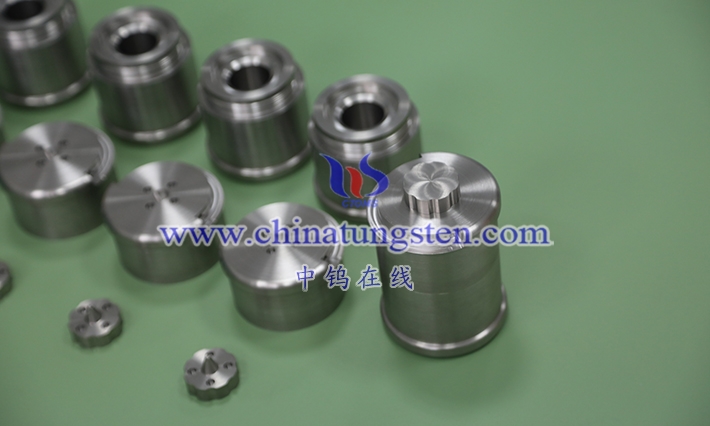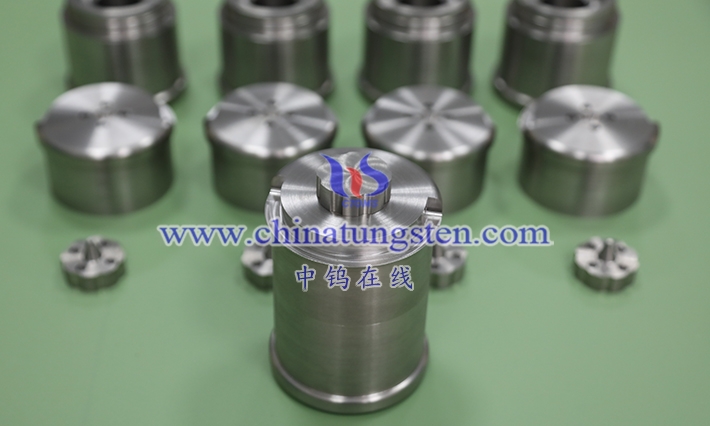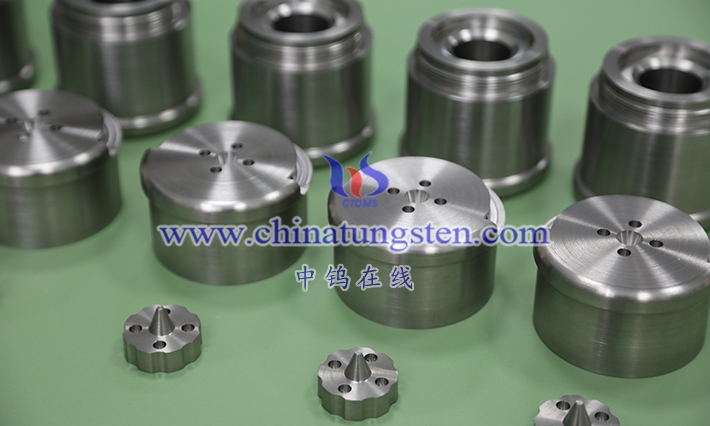What aspects do the application areas of tungsten alloy screws include? They are widely used in aerospace, medical, military, electronics, petrochemical, and radiation protection fields. First, in the aerospace field, tungsten alloy screws are used for engine fixation, counterweights, and high-temperature structural connections, utilizing their high density (16-19g/cm³) and high-temperature resistance to ensure stability under extreme conditions. For example, in aircraft turbine engines, they fix combustion chamber liners and fuel nozzles, withstanding high-temperature airflow and centrifugal forces. Second, in the medical field, mainly for radiation shielding equipment, such as CT machines and X-ray tube components, providing efficient radiation absorption, more environmentally friendly and non-toxic than lead, complying with ROHS standards. Third, in military applications, used for tank shells, missile balancing, and armor-piercing projectile cores, relying on high strength (900-1500MPa) and wear resistance to enhance kinetic penetration and stability. Fourth, in the electronics industry, as heat sinks and electrical contact screws, utilizing high thermal conductivity (200-400W/m·K) and low thermal expansion coefficient, suitable for high-power LEDs and CPU cooling. Fifth, in the petrochemical field, used for radiation detection equipment shielding and high-temperature furnace fixation, with corrosion resistance and high melting point (3422°C) ensuring reliability in harsh environments. Additionally, in precision instruments like golf clubs and gaming devices, as counterweight screws to adjust the center of gravity, improving accuracy and stability. In welding, as resistance welding electrodes, ablation resistance and high conductivity extend lifespan. Overall, these application areas stem from the unique properties of tungsten alloys, such as high density, high-temperature resistance, corrosion resistance, and mechanical strength, driving innovation in high-end industries. Under environmental trends, they replace lead products, promoting sustainable development. Customized through powder metallurgy processes, these screws extend to nuclear industries and semiconductor manufacturing, ensuring long-term reliability and reducing maintenance costs.
